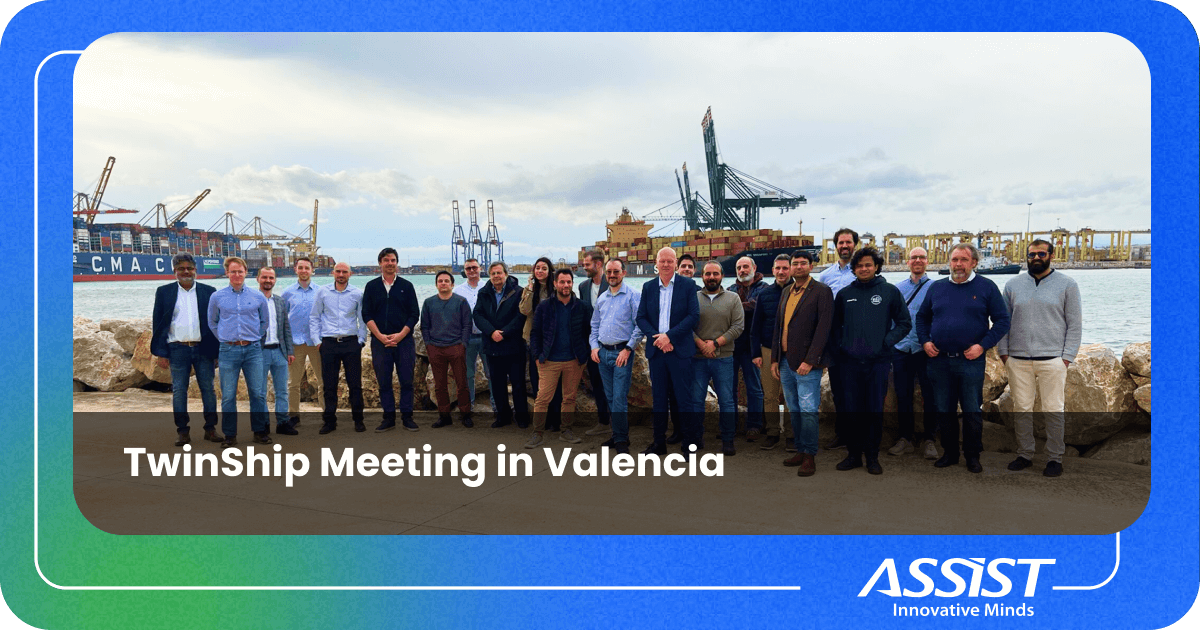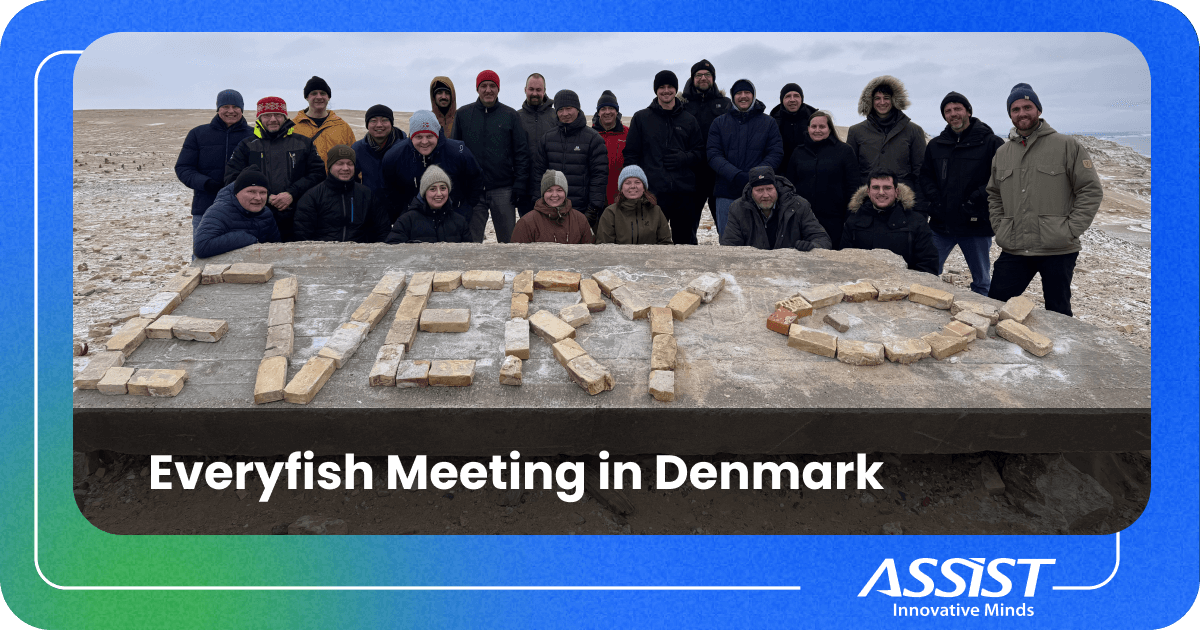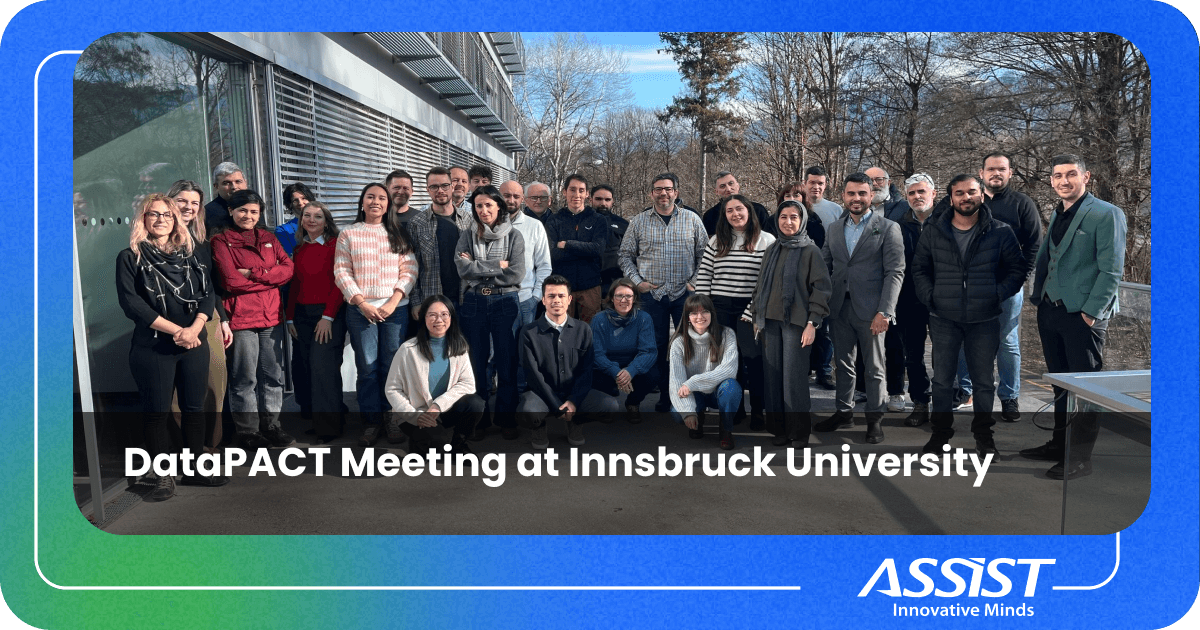The 4 AI Giants Ranked! Understand Your AI Options. Part II
You need an AI model that fits your workflow, scales with your business, and—let’s be honest—can align with your budget.
So, which one should you go with? As a top custom software and AI development provider, we put DeepSeek, Qwen, ChatGPT, and Gemini head-to-head across four key categories: Integration, Scalability, Speed & Accuracy, and Cost.
We’ll show you which model dominates in each area, so you can make the best choice for your project. Let’s get into it.
1️⃣ Integration Ranking – How Easy Is It to Set Up?
Getting an AI model up and running quickly can make or break your project. Some are plug-and-play, while others require serious effort. Here’s how they stack up:

- ChatGPT (Easiest Setup, API-Ready) If you need an AI model that just works, ChatGPT is the clear winner. Its API is plug-and-play, allowing developers to integrate it with minimal effort. Whether you're building a chatbot or an AI-powered application, this model gets you up and running fast. However, ease of use comes at a cost—APIs can get expensive as usage scales.
- Gemini (Google Cloud Ready, Moderate Setup) For businesses already using Google Cloud, Gemini is a great option. It offers multimodal capabilities (handling text, images, video, and code), and while it requires Google Cloud integration, that’s not a big hurdle for companies already in the ecosystem. However, you’re locked into Google’s infrastructure, so switching later won’t be an easy decision.
- Qwen (Enterprise-Focused, Requires Alibaba Cloud) Qwen is optimized for enterprise AI and large-scale processing, but setting it up requires Alibaba Cloud, making it less accessible outside of its native ecosystem. If your company is deeply integrated with Alibaba’s services, this is a strong option. Otherwise, it might not be worth the setup effort.
- DeepSeek (Full Control, But You Do the Work) If you want complete control over your AI model, DeepSeek is your best bet, but you’ll have to self-host and manage everything yourself. This makes it perfect for developers who want customization and flexibility, but it requires technical effort to get it up and running. Not ideal for those looking for a quick, hassle-free solution.
🏆 Ease of Use Integration Winner: ChatGPT – Quickest and easiest to deploy with minimal setup effort.
2️⃣ Scalability Ranking – Can It Grow with Your Business?
Ease of integration is great, but the model needs to scale with your business as demand grows. This is a point of view:

- Qwen (Enterprise-Grade, Handles Huge Workloads) If your business relies on large-scale AI processing, Qwen takes the crown. It’s built for enterprises, handling massive datasets and structured queries effortlessly. Again, its dependency on Alibaba Cloud is its strongest downfall. Even considering this remarkable scalability, it makes Qwen less accessible to Western businesses.
- ChatGPT (Easy to Scale, But Costs Can Explode) ChatGPT’s API-driven model makes scaling seamless—you just pay for what you use. Startups and SaaS companies love this because there’s zero infrastructure management required. However, the downside is costs can grow exponentially if usage increases significantly.
- Gemini (Google Cloud-Based, Scales Well with Planning) Gemini offers powerful AI capabilities and scales smoothly within Google Cloud. It gives ChatGPT a run for its money, and if you already operate within Google’s ecosystem, scalability is a breeze. However, like Qwen, it ties you to a specific cloud provider, which can limit flexibility.
- DeepSeek (Self-Hosting, You Handle Everything) DeepSeek offers full control, but scaling means you need to manage your own infrastructure. For businesses that want to avoid vendor lock-in, this is great, ⚠️ but it requires time, resources, and expertise to scale properly.
🏆 Enterprise-grade Scalability Winner: Qwen – Built for enterprise-level AI, perfect for large-scale applications.
3️⃣ Cost Ranking – What’s the Best Bang for Your Buck?
AI power is great, but like any power, it comes at a cost. Don't worry, we're sure there is a custom solution out there for you, but cost estimation is a discussion we should have.

- DeepSeek (Free & Open-Source, But You Self-Host) If cost is your top priority, DeepSeek is the best option because it’s completely free and open-source. The only cost is your own infrastructure and maintenance, which makes it ideal for developers who want full control without ongoing expenses. However, time is money, and its value is subjective. Consider all expenses first.
- ChatGPT (Affordable at Small Scale, Expensive at High Usage) ChatGPT’s pay-as-you-go pricing makes it accessible, but if your usage spikes, costs can quickly add up. As we previously mentioned, it’s great for startups that need AI but don’t want to invest in infrastructure as long as they keep an eye on costs and their hopes and dreams for the future.
- Qwen (Enterprise Pricing, Best for Large-Scale AI Use Cases) Qwen follows a large-scale enterprise pricing model, making it affordable for big businesses but less accessible for startups and smaller teams. If you’re running AI-heavy workloads at scale, it’s a great investment—but not if you’re just experimenting with AI. Are you sure you want to experiment with your money as well?
- Gemini (Google Cloud Pricing, Can Get Expensive Fast) Since Gemini operates within Google Cloud, pricing depends on usage and resources. While it’s powerful, costs can quickly grow depending on how much data you process. It’s best for research-heavy projects or businesses that are already using Google Cloud AI services. Even if it's 4th on our list, it might be the best solution for you if you fit all the above-mentioned criteria.
🏆 Cost-effectiveness and Customization Winner: DeepSeek – Free, open-source, and fully customizable.
The Final Verdict – Which AI Should You Use?
If you need an AI coding assistant, DeepSeek is your best bet. If your focus is enterprise AI and big data processing, Qwen is the strongest choice. For chatbots and human-like AI interactions, ChatGPT is the top performer. If you’re handling text, images, video, and complex AI tasks, Gemini is the way to go.

As you can see, it all depends on YOU. You should be the winner in the AI race and this is where companies such as ASSIST Software can crown you king. Tech compromises are normal and welcomed, yet you shouldn't bend yourself backward to fit AI. Artificial intelligence is the one that must aid you, and to achieve that, you need custom software and AI development solutions.
Let's talk further about these topics. What would you choose?



